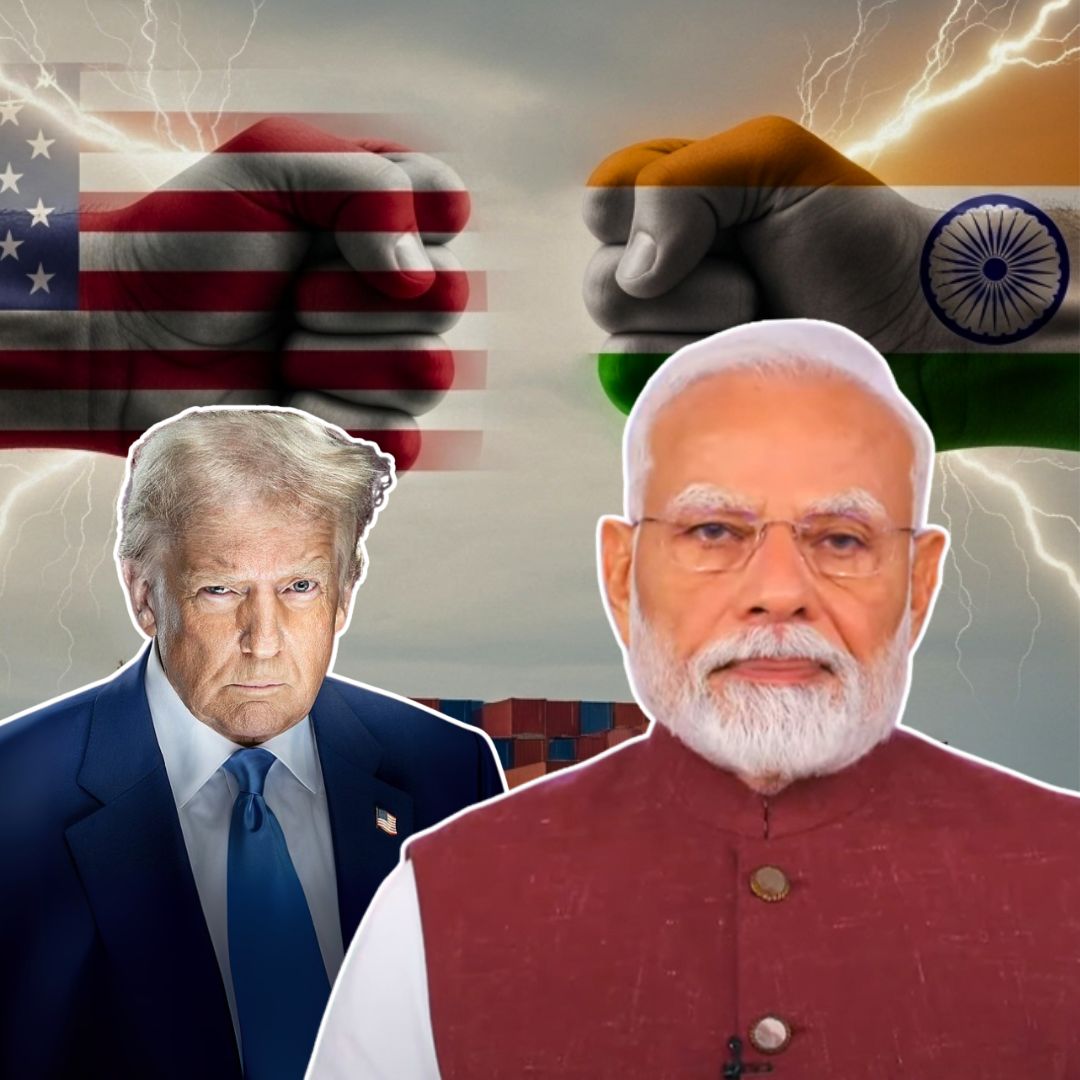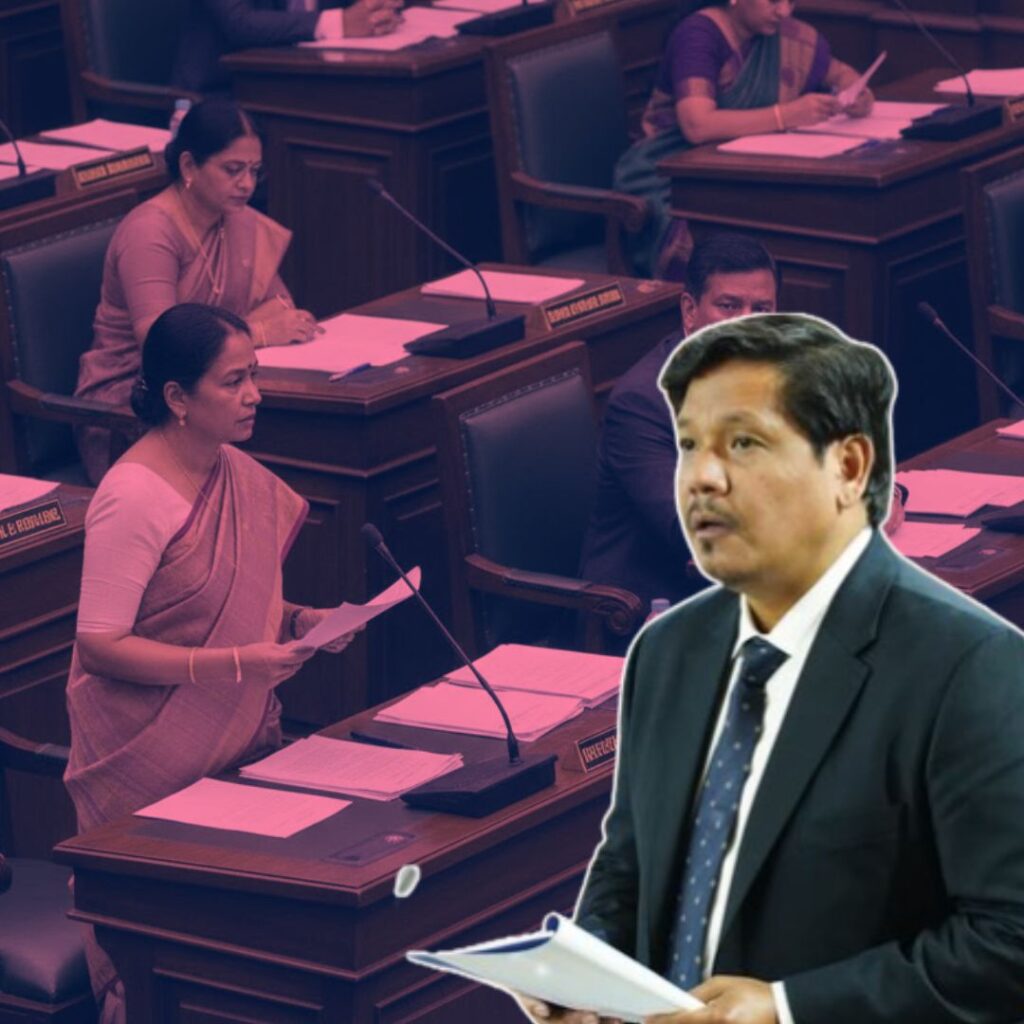The European Union is unlikely to follow US President Donald Trump’s call to introduce “100% tariffs” on India and China as a punitive measure for purchasing Russian oil, marking a significant diplomatic success for India amid complex global trade dynamics, Reuters reported, citing EU officials.
This decision comes at a time when Trump was pressing for heightened economic pressure on Russia by targeting its major oil buyers, but the EU’s reluctance signals strategic restraint and an intent to protect ongoing trade relationships. The Indian stock market reacted positively to the news, with the benchmark Nifty 50 closing above the 25,000 mark, reflecting cautious optimism regarding India’s economic prospects.
EU’s Legal and Diplomatic Approach to Tariffs
EU officials emphasized that tariffs differ fundamentally from sanctions and require lengthy legal investigations and strong justifications before enforcement. Sources confirm that no serious internal discussion has taken place in the EU about imposing tariffs on India or China, reflecting a desire to avoid disrupting critical trade negotiations currently underway with India.
The EU has focused on targeted sanctions against specific Russian-related entities, including Chinese banks and an Indian refinery, preferring measured actions over broader punitive tariffs that carry substantial risks of economic fallout. These positions underscore the EU’s preference for a calibrated approach in navigating geopolitical and trade complexities.
Trump’s Pressure and India-US Trade Relations
Meanwhile, the US administration under President Trump has exhibited a dual posture. While advocating steep tariffs as a means to pressure Russian President Vladimir Putin to end the war in Ukraine, it has maintained active trade negotiations with India.
Trump publicly praised Indian Prime Minister Narendra Modi as a “very good friend” and indicated ongoing efforts to reduce trade barriers, suggesting a nuanced approach that balances sanctions with diplomatic engagement. This juxtaposition highlights the multilayered diplomacy at play, as global powers strive to balance economic interests, geopolitical pressures, and strategic partnerships.
The Logical Indian’s Perspective
The EU’s rejection of Trump’s tariff proposal for India illustrates the importance of balanced diplomacy and respect for legal processes in international trade. Countries face pressure to respond to geopolitical conflicts, but broad punitive measures may harm long-term partnerships and economic growth. India’s example demonstrates how dialogue and negotiation can better serve global peace and prosperity ambitions.












